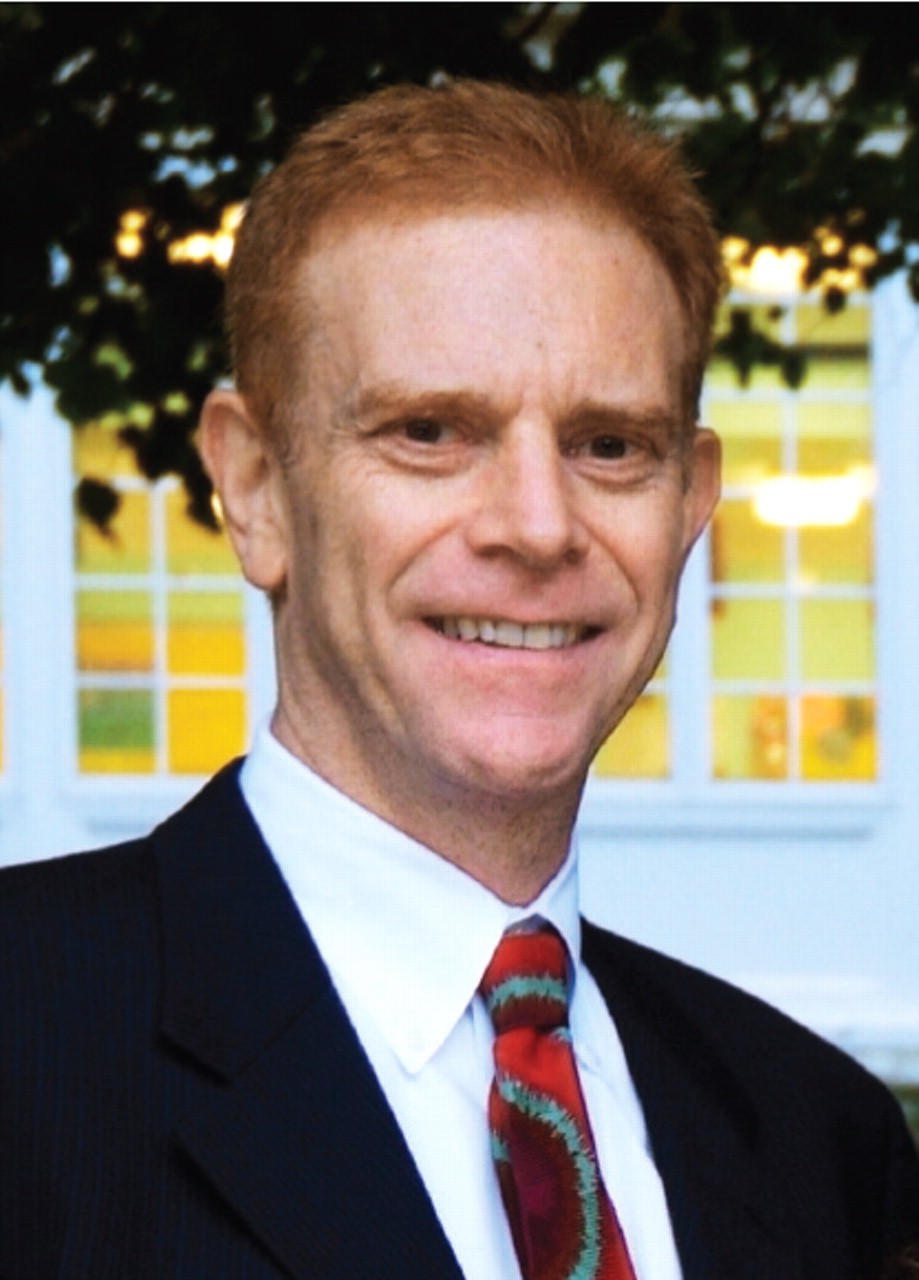The presidential primaries were going strong, with the Republican nominee pretty much decided, and the Democratic nominee still a 50/50 toss up. Health care was one of the issues talked about, but wasn't high on the agenda.
When I registered for APA's Advocacy Day activities at our Washington, D.C., hotel, APA staff presented me with a folder containing our general schedule, as well as the schedule for our day on “the Hill” Tuesday with the representatives and senators, or more accurately, with their legislative assistants (who, we later learned, often make crucial recommendations to the legislators).
Other “goodies” were also in our packet: bios of the legislators, their voting records and history, maps, and “Hill Evaluation Forms” for us to communicate what happened in our meetings to the APA department of Government Relations (DGR), These forms help DGR with information about members of Congress and their legislative assistants and help them with follow up and future meetings.
Needless to say, we were given excellent tools to do our work. Now we needed the training.
We were divided into two tracks: the newbies and the returnees. Being new to the game I received the full boot-camp training. This included learning the process of how a bill becomes law, issues and bills relevant to APA, how to deal with legislators, how to work with the media, and practical tips (“Wear comfortable shoes! you'll be doing a lot of walking on marble floors.”).
We also heard from many prominent speakers: APA Medical Director Dr. James Scully; APA President Dr. Carolyn Robinowitz; Dr. Dale Walker, chair of the APA Council on Advocacy; Charlie Cook (a well-known writer, speaker, and political analyst); Secretary of Veterans Affairs Dr. James Peake; and several other interesting speakers.
Tuesday morning came—our day on Capitol Hill. I prepared to do battle protecting the rights of our patients in the fight for mental health care. I put on my battle gear, consisting of a suit and tie and “good walking shoes.” I realized that it was, in fact, less of a battle and more of an interaction, as the vast majority of the representatives and senators we met were already cosponsors of one of the mental health parity bills. The House version, considered by many to be the stronger version, was waiting to be voted on (it was passed on March 5; see
House Passes Parity Bill, but Negotiations Needed), and the Senate had passed its version.
Other points we discussed with the legislators and their staffs were to urge them to support legislation on reforming Medicare's physician reimbursement formula so that patients' access to care is maintained and to reduce Medicare beneficiaries' mental health care copay from 50 percent to 20 percent, the same as for other medical care.
We also discussed issues pertinent to veterans' and active-duty troops' mental health care, as well as how crucial it is to protect patient privacy in any health information technology bills.
Despite the omnipresent suits and formality of official Washington, I found the overall attitude of people with whom we interacted to be quite friendly and casual, with many smiles, genuine interest in what we had to say, and acceptance of other points of view.
After finishing our meetings, we went to a reception that APA had organized at a nearby restaurant to which law-makers and legislative assistants had also been invited.
After some time at the reception, my New Jersey comrade, Dr. Anna Vander Schraaf, and I left the restaurant and walked through freezing rain, slipping and almost falling several times, in our valiant and seemingly endless attempt to hail a taxi. It was a tiring day, but it was fascinating, educational, fun, and productive.
I was left with a sense that I could make a difference for our patients and our profession and with faith in the concept of grassroots advocacy.
I drove home the next day, this time through pouring rain, which seemed to wash away misperceptions I had about formality and rigidity in Washington and whetting my appetite for future political involvement. ▪

